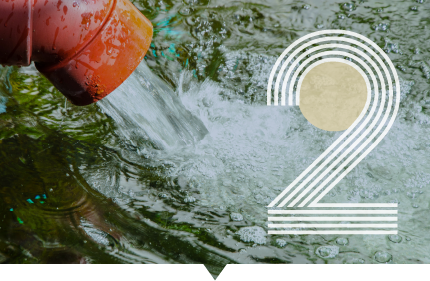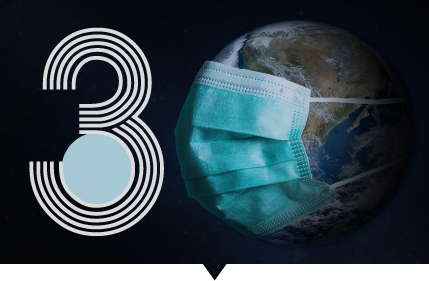Home > Project Overview > Instructional Approach
The instructional approach is strongly based on existing
research of GC-oriented teaching and learning.
This instructional approach reflects commitments that guide the creation of the GC units and the professional learning (PL) opportunities provided to our partner teachers. As the project unfolds, we will continually revisit these commitments with the goal of delivering a refined framework by the project’s conclusion. The key elements of the GC instructional approach are:
GC materials should support science learning in many places; therefore, each unit will be centered around a GC that is global in nature with opportunities for students and teachers to explore local dimensions of the problem. For example, plastic pollution is a GC to which students around
the globe can relate, and at the same time teachers and students can explore local impacts.


GC materials should support science learning in many places; therefore, each unit will be centered around a GC that is global in nature with opportunities for students and teachers to explore local dimensions of the problem. For example, plastic pollution is a GC to which students around
the globe can relate, and at the same time teachers and students can explore local impacts.

Exploring GCs create important opportunities to confront issues of equity, inclusion, and the role of science for promoting social justice. For example, as we have seen in the Flint water crisis, explorations of water quality and availability must be considered along with questions about whose communities are most affected by contaminated water systems, who is empowered to make water management decisions, and which communities are impacted by those decisions.

Exploring GCs create important opportunities to confront issues of equity, inclusion, and the role of science for promoting social justice. For example, as we have seen in the Flint water crisis, explorations of water quality and availability must be considered along with questions about whose communities are most affected by contaminated water systems, who is empowered to make water management decisions, and which communities are impacted by those decisions.

Science practices are particularly productive tools for helping students engage with GCs; therefore, each GC unit will feature one or more science practices as a focal dimension of the learning experience. For example, a unit on pandemics could feature opportunities to analyze and interpret data about infection rates in local and global communities and then use those data to construct arguments about the effectiveness of mitigating strategies.
Science practices are particularly productive tools for helping students engage with GCs; therefore, each GC unit will feature one or more science practices as a focal dimension of the learning experience. For example, a unit on pandemics could feature opportunities to analyze and interpret data about infection rates in local and global communities and then use those data to construct arguments about the effectiveness of mitigating strategies.


GC units will be designed with ongoing formative
assessments to ensure that teachers can monitor student understanding and progress and provide feedback to support student learning.

GC units will be designed with ongoing formative
assessments to ensure that teachers can monitor student understanding and progress and provide feedback to support student learning.

GC units will be designed with ongoing formative
assessments to ensure that teachers can monitor student understanding and progress and provide feedback to support student learning.
GC units will be designed with ongoing formative
assessments to ensure that teachers can monitor student understanding and progress and provide feedback to support student learning.

This website is the result of work supported by the National Science Foundation under Grant DRL-2201192. Any opinions, findings, and conclusions or recommendations expressed in the website are those of the PIs and do not necessarily reflect the views of the National Science Foundation.
Designed and developed by EduCore, The Department of Science Teaching, Weizmann Institute of Science.